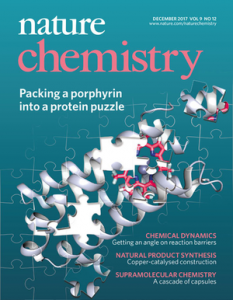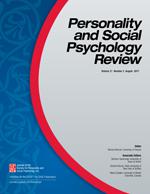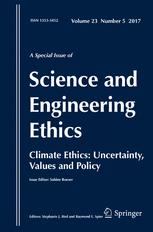
Last year, a professor brought a suit against his former university after it forced him to retire. Now, he’s adding defamation to his list of allegations.
In a lawsuit filed July 14, 2016, Ishwarlal “Kenny” Jialal, a cardiovascular researcher who worked at the University of California, Davis Medical Center from 2002 to 2016, alleges the school breached the separation agreement that led to his ouster. The university forced him to retire following a misconduct inquiry in which he was cleared of wrongdoing, and later stripped him of emeritus status. Before a trial date could be set, Jialal decided he wanted to add to the list of allegations; in an amended complaint filed Oct. 23, 2017, he says individuals at UC Davis badmouthed him to a potential employer and cost him a job.
Jialal is seeking unspecified monetary damages, an order that would rescind the separation agreement that led to his departure, injunctive relief, and attorney’s’ fees and other costs related to the suit.
A spokesperson for UC Davis told us: Continue reading Professor sues UC Davis over forced retirement following misconduct inquiry

 The U.S. National Institutes of Health has noticed something: More of the research it’s funding is ending up in questionable journals. Recently, the agency
The U.S. National Institutes of Health has noticed something: More of the research it’s funding is ending up in questionable journals. Recently, the agency 




 Can seeing a weapon increase aggressive thoughts and behaviors?
Can seeing a weapon increase aggressive thoughts and behaviors? 